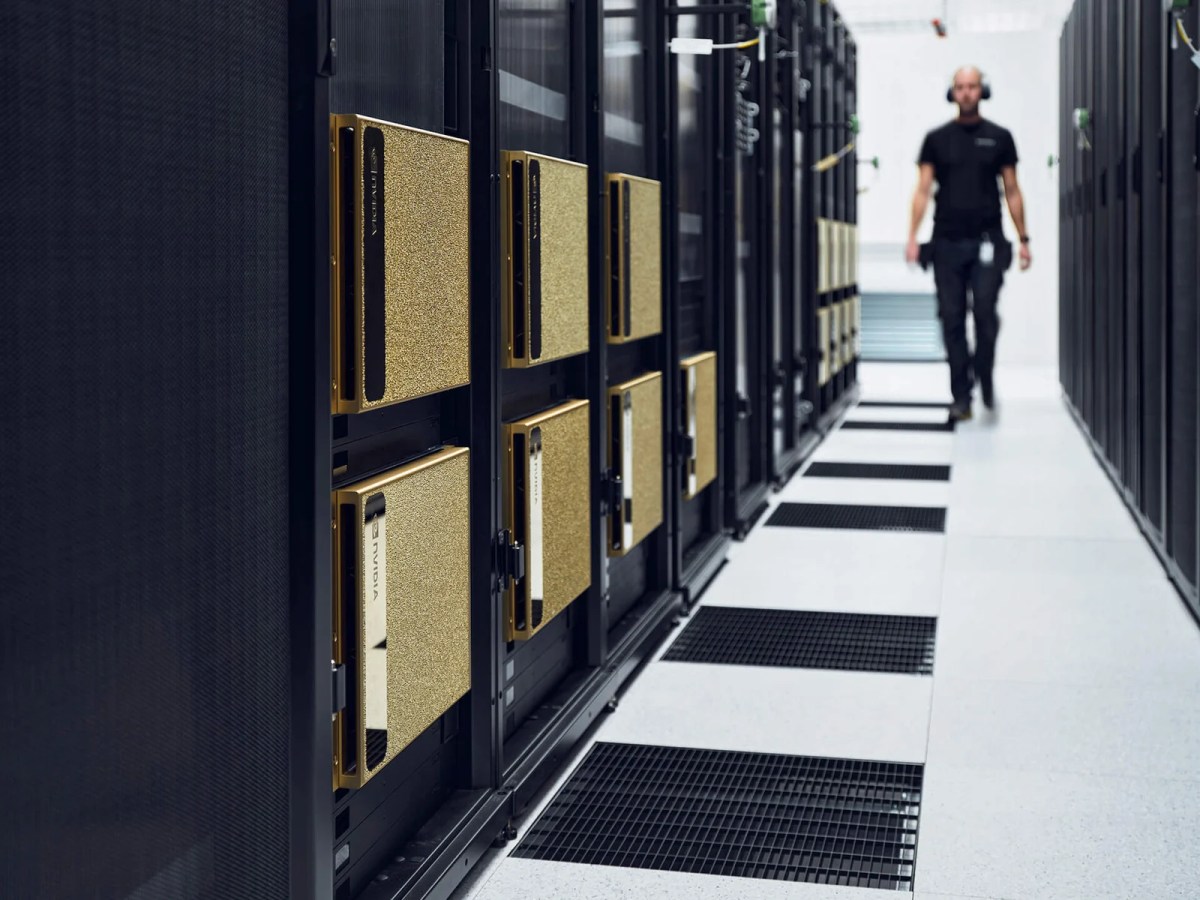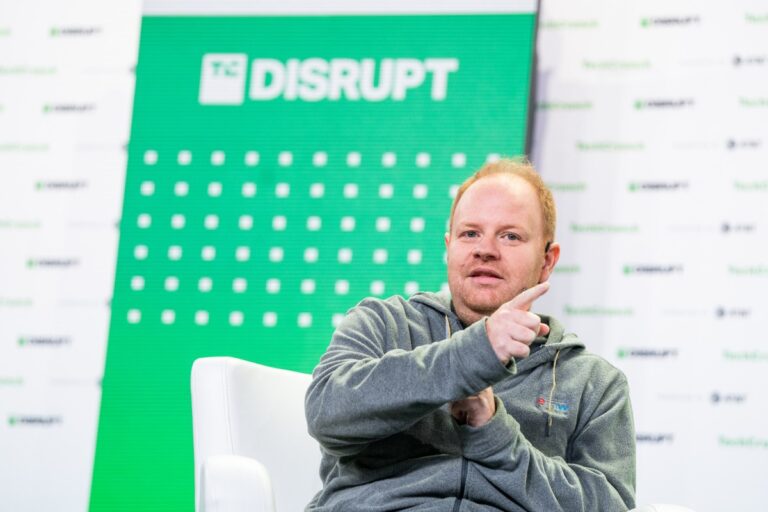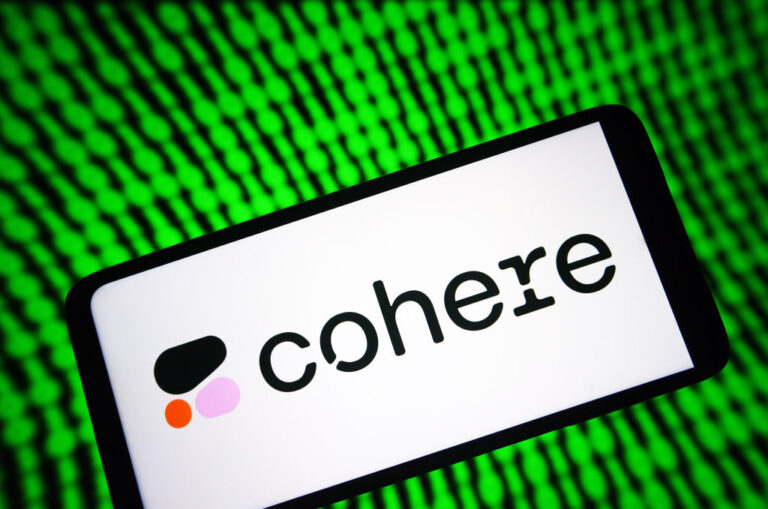EcoDataCenter Secures $500 Million with CoreWeave Partnership to Develop Eco-Friendly AI Infrastructure
EcoDataCenter, a pioneering Swedish company dedicated to constructing eco-friendly data centers, has successfully raised $478 million (€450 million) in funding. This substantial investment aims to support the rising demand for sustainable solutions in the data center industry, particularly as major compute providers increasingly rely on eco-conscious infrastructures to manage AI traffic.
Funding Boost for Sustainable Data Centers
The recent equity funding has been secured from a consortium of unnamed institutional investors. This capital will be utilized to:
- Develop innovative technologies for greener data centers
- Construct new eco-friendly facilities
This announcement comes shortly after one of EcoDataCenter’s key clients, the AI compute leader CoreWeave, filed for an IPO in the United States, indicating a robust market interest in sustainable tech solutions.
Growing Investment in EcoDataCenter
To date, EcoDataCenter has raised a total of €910 million ($966 million) in equity. Areim, the holding company behind EcoDataCenter, has refrained from disclosing the company’s valuation but confirmed that an IPO is not currently being considered.
“We are focused on scaling EcoDataCenter and delivering long-term value, supported by the strong backing of our investors,” stated Robert Björk, an investment manager for Areim and board member of EcoDataCenter. “While we continuously evaluate strategic opportunities for the company, including potential future financing options, an IPO is not something we are actively pursuing at this stage.”
The Need for Sustainable Data Centers
EcoDataCenter specializes in building sustainable colocation spaces, where clients can bring their own servers and hardware. This initiative is crucial as research from the International Energy Agency (IEA) reveals that large data centers can consume between 100 MW or more, equivalent to the electricity demand of approximately 350,000 to 400,000 electric cars. Notably, data centers account for about 1% of global electricity consumption.
In this context, EcoDataCenter is not only addressing the growing demand for computing capacity but is also setting a precedent for eco-friendly practices within the industry. “We were the first company in the world to start building in what’s called cross-laminated timber,” said Peter Michelson, CEO of EcoDataCenter. “Now, Microsoft is following.”
Innovative Approaches to Energy Efficiency
EcoDataCenter is committed to using renewable energy to power its facilities and is continually exploring new materials and methods to enhance operational efficiency and cooling systems.
Key Partnerships and Collaborations
Among EcoDataCenter’s clientele are notable organizations like DeepL and several “hyperscalers”—companies that often build their own data centers but also utilize third-party spaces like those offered by EcoDataCenter. Notably, EcoDataCenter has partnered with CoreWeave and Nvidia to establish the first Blackwell cluster in Europe, located in Falun, Sweden, aimed at increasing computing capacity on the continent.
The Future of Data Centers
The recent fundraising emphasizes the rising value of data centers, particularly colocation facilities that help clients mitigate capital expenditure. This trend is part of a larger global movement, highlighted by the U.S. government’s announcement of the Stargate project, a $500 billion initiative supported by major players like OpenAI and SoftBank to develop mega AI data centers.
“There’s a lot of infrastructure-type capital flooding into the data center space, given that it’s real estate infrastructure now becoming more tech-oriented,” Michelson remarked.
For further insights on the evolving landscape of eco-friendly data centers, visit our related articles on sustainable data practices and AI computing trends.







